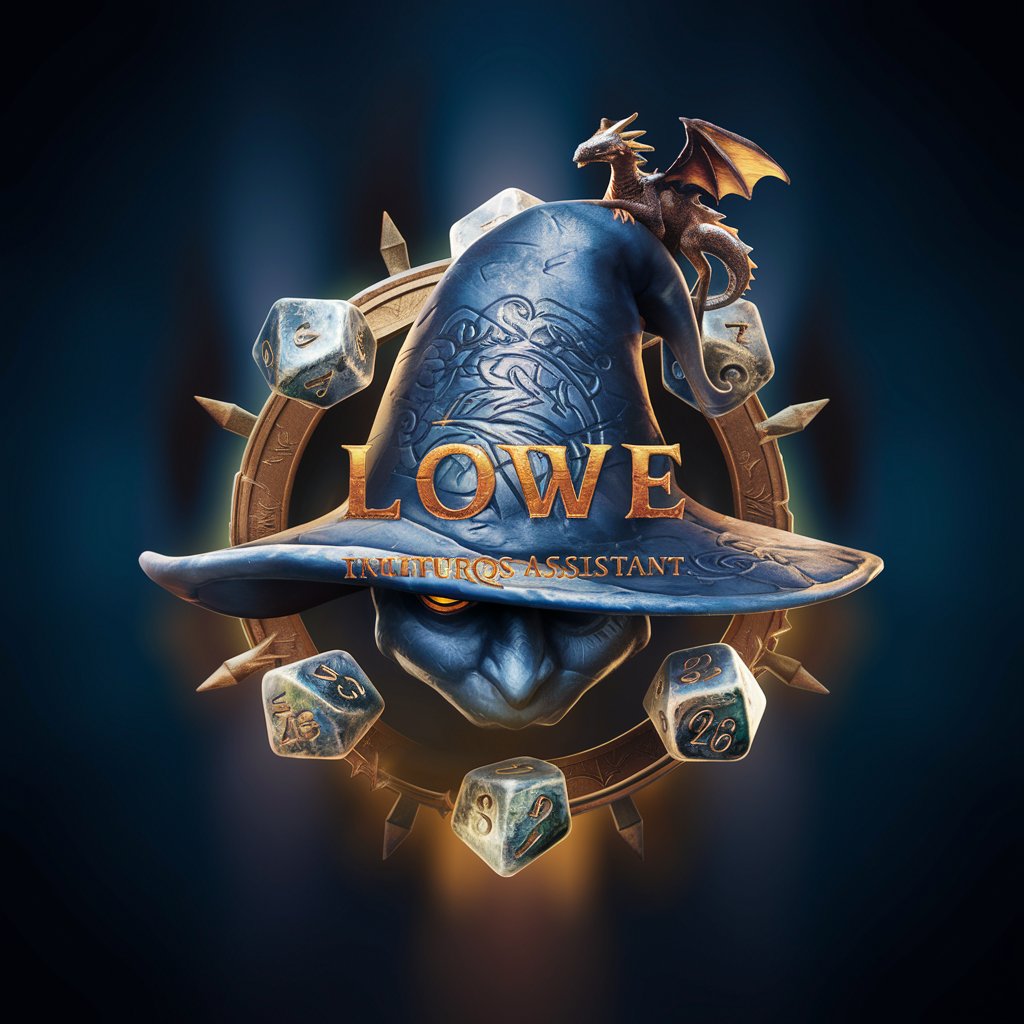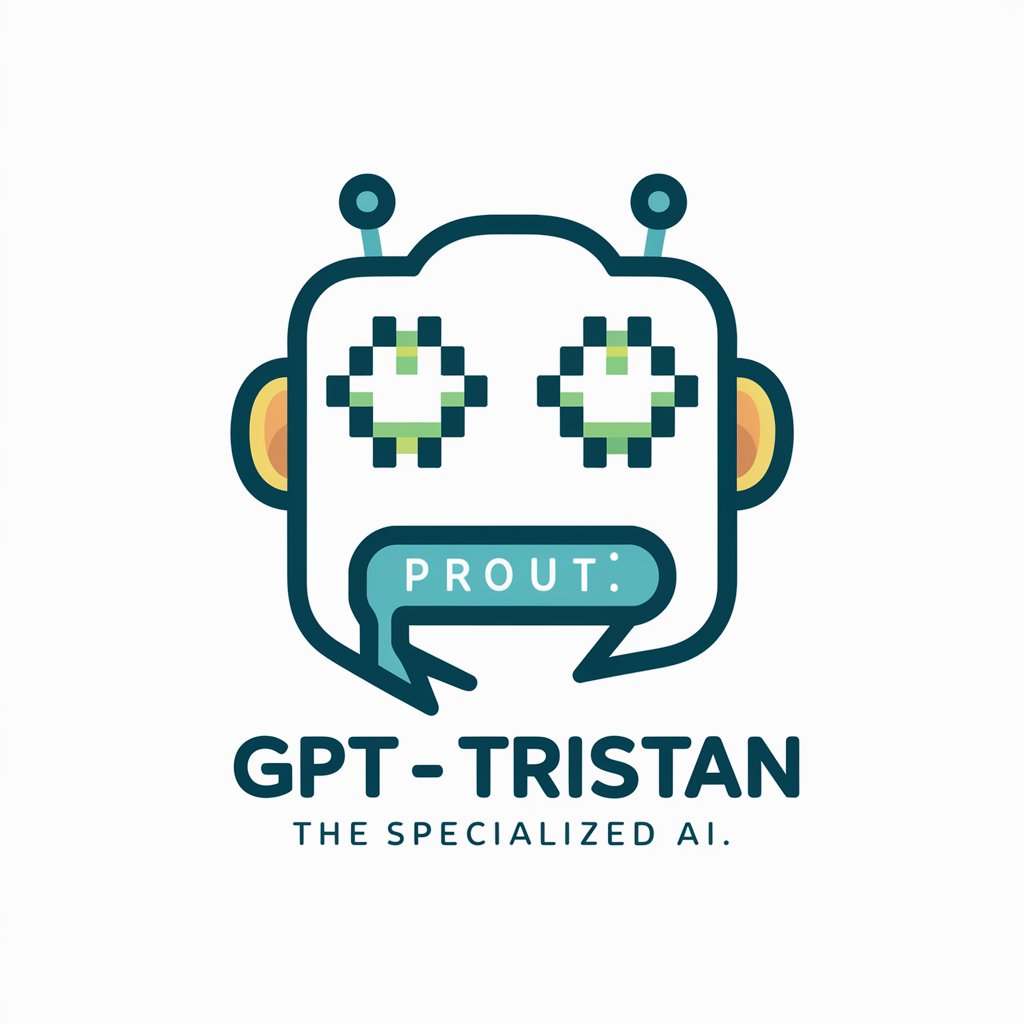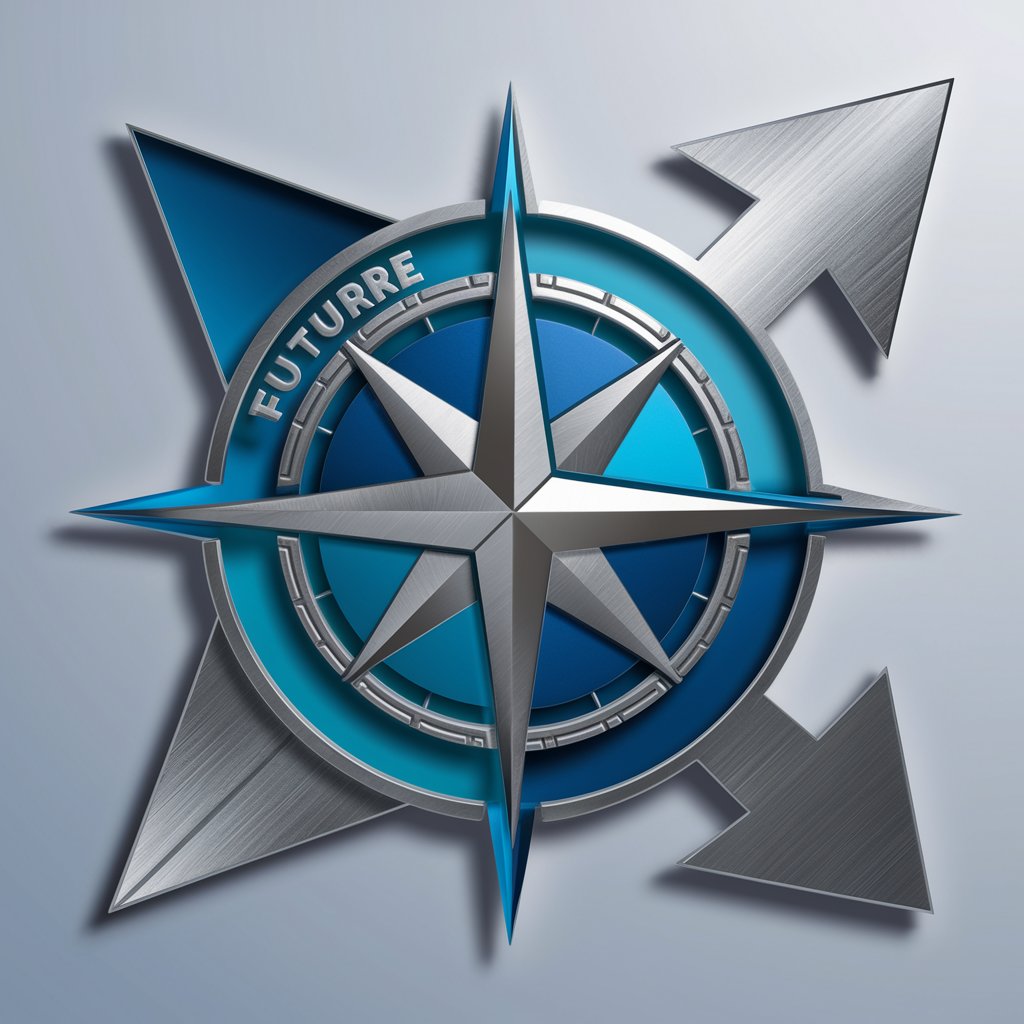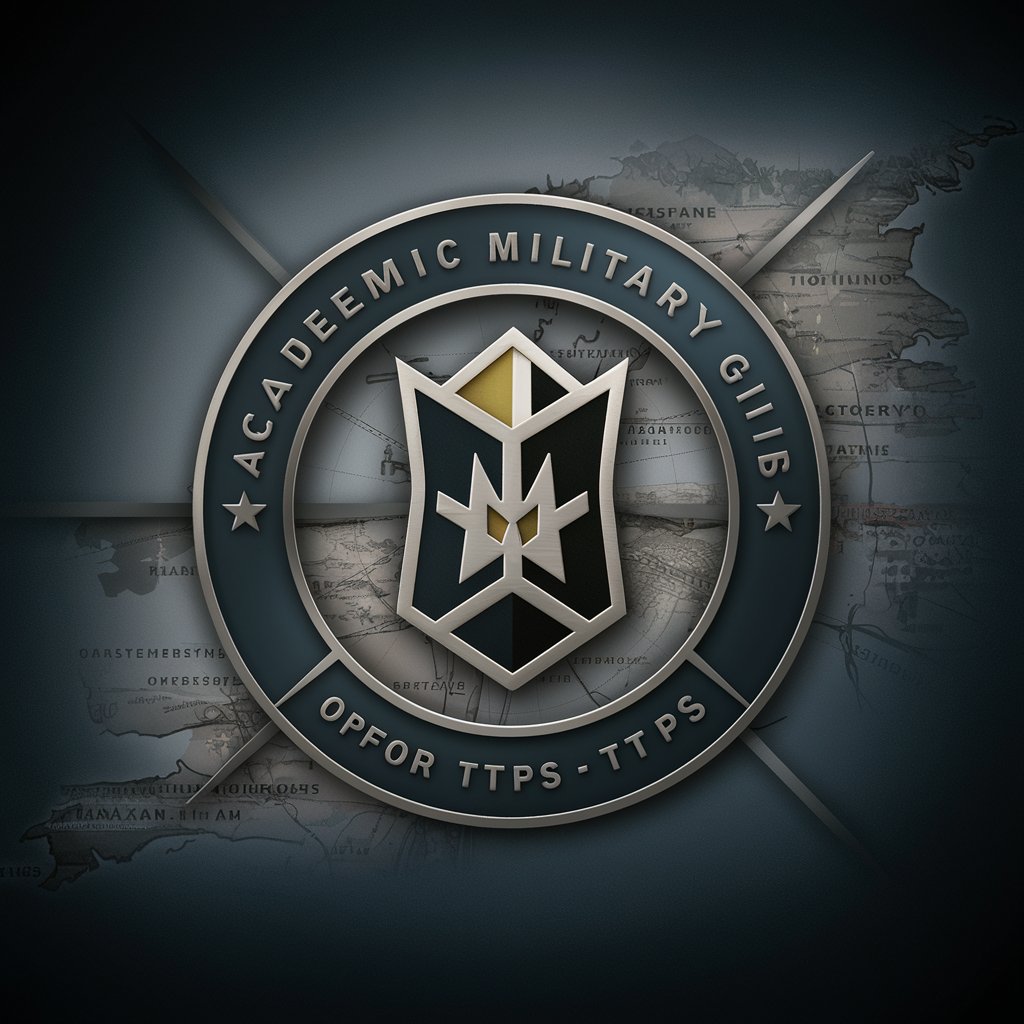7 GPTs for Scenario Development Powered by AI for Free of 2025
AI GPTs for Scenario Development refer to the advanced utilization of Generative Pre-trained Transformers (GPTs) tailored for creating, analyzing, and refining scenarios across various domains. These AI tools leverage the power of machine learning to generate realistic and complex simulations, narratives, and models. Their relevance lies in offering customized solutions for a range of applications, from storytelling and gaming to strategic planning and forecasting, enhancing creativity, decision-making, and problem-solving capabilities.
Top 7 GPTs for Scenario Development are: ProFuturist Choi (Futures Wheel & STEEPs Expert),ストーリーテラーGPT,Q,Lowe,GPT - Tristan,Future Compass,OPFOR ORBAT TTP expert
ProFuturist Choi (Futures Wheel & STEEPs Expert)
Anticipate cascading effects with AI foresight.

ストーリーテラーGPT
Unleash Your Creativity with AI

Q
Empowering QA with AI Expertise

Lowe
Elevate Your D&D Game with AI

GPT - Tristan
Transformez votre écriture avec l'IA

Future Compass
Navigating the future with AI-powered insights

OPFOR ORBAT TTP expert
Decipher Adversary Tactics with AI

Distinctive Characteristics and Capabilities
AI GPTs for Scenario Development exhibit unique features such as dynamic content generation, natural language understanding, and context-aware adaptability. These tools can seamlessly transition from generating simple outlines to developing detailed and intricate scenarios. Special features include the ability to learn from specific language inputs, offer technical support, perform web searches for real-time information, create relevant images, and analyze complex data sets. This adaptability makes them invaluable for scenario planning and development across various contexts.
Who Benefits from Scenario Development Tools
The primary beneficiaries of AI GPTs for Scenario Development encompass a broad spectrum, including novices exploring the basics of scenario crafting, developers seeking to incorporate AI-generated scenarios in applications, and professionals in fields such as gaming, entertainment, education, and strategic planning. These tools are designed to be user-friendly for those without technical backgrounds while offering advanced customization options for users with programming skills.
Try Our other AI GPTs tools for Free
Business Content
Discover how AI GPTs for Business Content are transforming business operations with advanced content creation, data analysis, and automated processes for strategic decision-making.
Branding
Explore how AI GPTs revolutionize branding with tailored content creation, market analysis, and customer engagement, designed for both novices and professionals.
Marketing
Explore how AI GPTs for Marketing are reshaping digital strategies with personalized content creation, data analysis, and automated customer engagement.
Creative Endeavor
Discover AI GPTs for Creative Endeavor: revolutionizing creativity with AI-driven tools designed for artists, writers, and innovators. Unleash your creative potential today.
Claim Guidance
Discover how AI GPTs for Claim Guidance revolutionize claim processing with advanced automation, enhancing efficiency and accuracy for professionals and policyholders alike.
Coverage Comparison
Explore AI GPTs for Coverage Comparison: adaptive, multi-functional tools designed for detailed analysis and comparison in various domains. Ideal for both novices and experts.
Expanding Horizons with Customized Solutions
AI GPTs for Scenario Development are not just about generating content; they offer a pathway to innovative solutions across industries. Their user-friendly interfaces and integration capabilities make them highly adaptable, supporting a seamless blend into existing workflows or systems. This adaptability fosters creativity and efficiency, highlighting the transformative potential of AI in scenario development.
Frequently Asked Questions
What exactly are AI GPTs for Scenario Development?
They are AI-driven tools that utilize Generative Pre-trained Transformers to assist in creating, analyzing, and optimizing scenarios for a variety of purposes, ranging from entertainment to strategic planning.
How do these tools differ from traditional scenario planning methods?
AI GPTs offer a more dynamic, interactive, and data-driven approach, capable of generating more complex and nuanced scenarios with minimal human input.
Can I use AI GPTs without any programming experience?
Yes, these tools are designed to be accessible to users without programming skills, featuring intuitive interfaces and guided processes.
Are there customization options for those with coding knowledge?
Absolutely, users with programming expertise can access advanced features and tailor the tools to suit specific needs through APIs and scripting.
What are some potential applications of AI GPTs in Scenario Development?
Applications include creating detailed storylines for games and novels, developing simulations for training and education, and strategic planning in business and military contexts.
How do AI GPTs handle different languages and cultures in scenario development?
These tools are equipped with multi-language support and can adapt content based on cultural contexts, although the accuracy may vary and require user review.
Can these tools integrate with other software or systems?
Yes, many AI GPTs for Scenario Development are designed with integration capabilities, allowing them to work alongside existing tools and systems.
What are the limitations of using AI GPTs for Scenario Development?
While highly versatile, these tools may sometimes generate content that lacks nuance or is contextually inappropriate, requiring human oversight and fine-tuning.